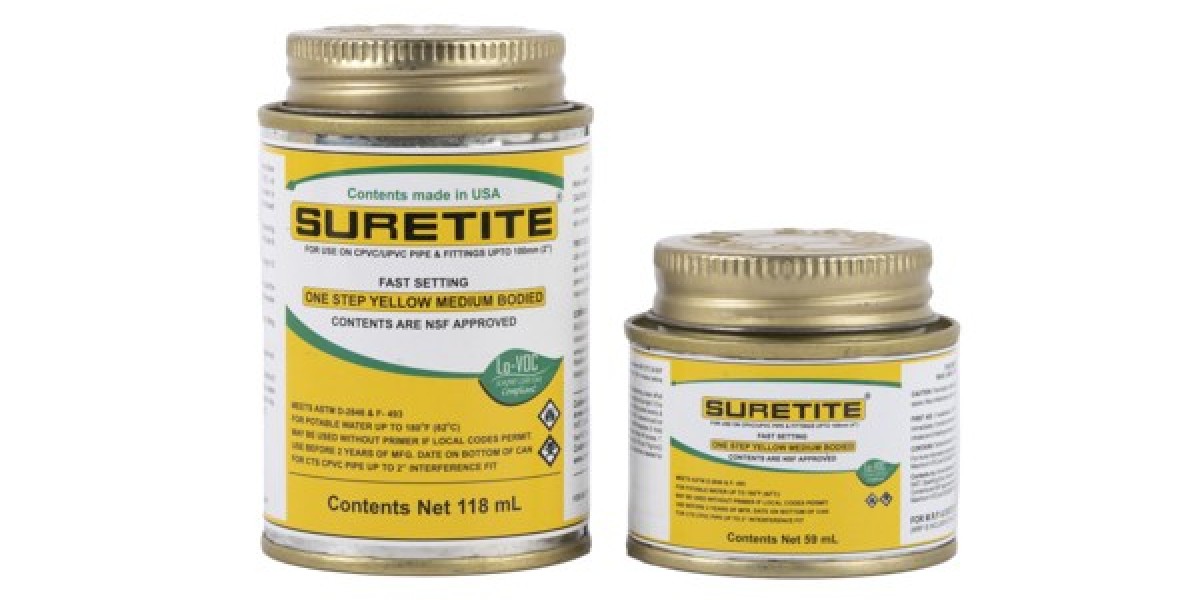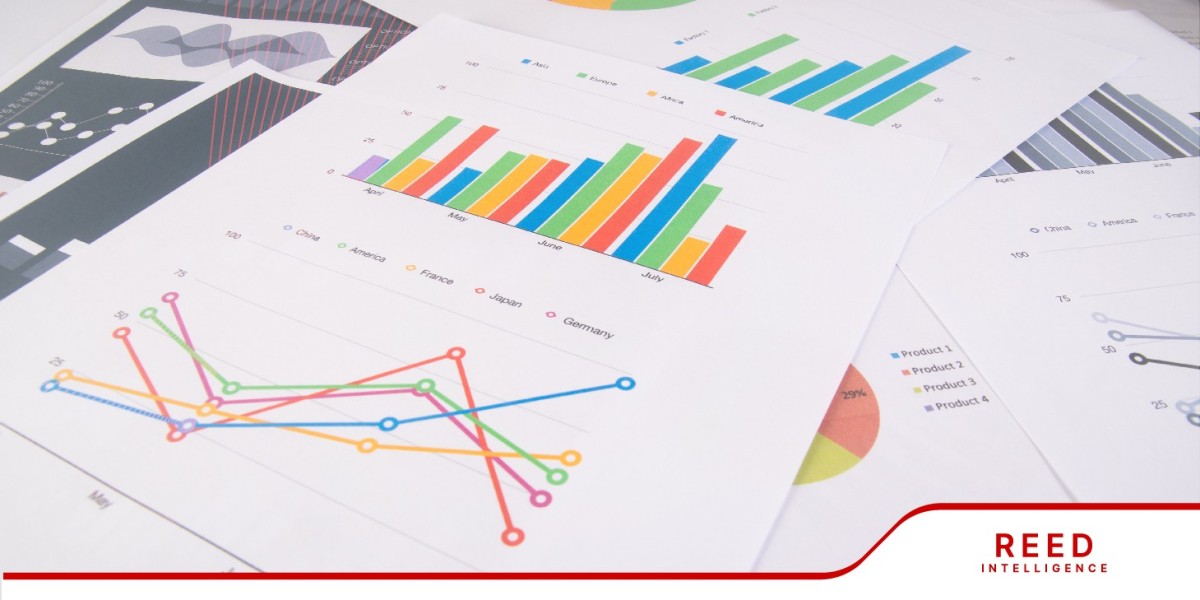
High-Density Polyethylene, or HDPE pipes, are generally considered more durable than Polyvinyl Chloride (PVC) conduit pipes, and drainage pipes and fittings, especially in certain applications. Here is why:
- Material Properties:
- HDPE Pipes:
- Flexibility: HDPE is a more flexible material, which makes it highly resistant to cracking or breaking under stress, such as ground movements, heavy loads, or pressure changes.
- Resistance to Corrosion and Chemicals: HDPE is highly resistant to a wide range of chemicals, corrosion, and biological growth. This makes it ideal for use in harsh environments, such as wastewater systems or industrial applications.
- Longevity: HDPE pipes have a lifespan of 50 to 100 years under normal conditions, making them very durable.
- PVC Pipes:
- Brittleness: PVC is less flexible than HDPE and can be more prone to cracking or breaking under pressure or impact, especially in colder climates.
- Chemical Resistance: While PVC is also resistant to many chemicals, it is not as resistant as HDPE in more aggressive environments.
- Lifespan: PVC pipes typically have a lifespan of about 25 to 50 years, which is shorter compared to HDPE.
- Installation and Jointing:
- HDPE Pipes:
- Fusion Welding: HDPE pipes can be joined using heat fusion, creating a joint that is as strong as the pipe itself. This method reduces the risk of leaks and failures at the joints.
- Flexible Installation: The flexibility of HDPE allows it to be installed in long continuous runs with fewer joints, reducing the risk of leaks.
- PVC Pipes:
- Solvent Cementing: PVC pipes are usually joined using solvent cement, which can be less durable than fusion-welded joints.
- Less Flexible: PVC's rigidity requires more joints and fittings during installation, which increases the potential for leaks or weak points.
- Resistance to Impact and Stress:
- HDPE Pipes: Due to their flexibility, HDPE pipes can absorb and resist impact better than PVC pipes. This makes them ideal for applications where the pipes might be subject to external forces, like in seismic areas or under heavy traffic.
- PVC Pipes: The rigidity of PVC makes it more susceptible to impact damage and stress cracking, especially in low temperatures.
- Environmental Impact:
- HDPE Pipes: HDPE is considered more environmentally friendly due to its longer lifespan and recyclability.
- PVC Pipes: PVC has been criticised for its environmental impact, both in its production and disposal.
HDPE pipes are generally more durable than PVC pipes, particularly in terms of flexibility, chemical resistance, and lifespan. However, the choice between HDPE and PVC might also depend on the specific requirements of the project, including cost, installation conditions, and the type of fluid being transported.








